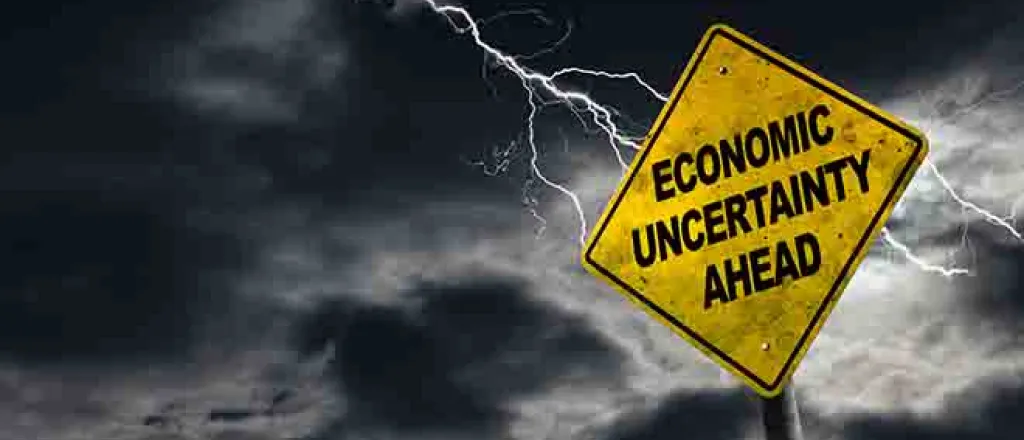
S&P: States, local governments expected to sail through downturn
(The Center Square) – Local governments and states are expected to sail through a shallow economic slowdown using pandemic relief aid as a cushion, but the dip poses fresh challenges for publicly funded mass transit agencies.
That's according to the latest report from S&P Global Ratings, one of the Big Three credit rating agencies.
"Our baseline U.S. economic forecast is now for a shallower but more protracted slowdown rather than a recession; however, we don't expect this to disrupt credit stability for most issuers for the remainder of 2023," said S&P Global Ratings Chief Analytical Officer Robin Prunty.
Federal stimulus and financial reserves continue to provide a cushion for many states, local governments and other public sector operations, according to the mid-year report. The federal government spent more than $5 trillion in response to the COVID-19 pandemic. That money continues to bolster state and local government finances.
For local governments, S&P is watching for reduced consumer spending and inflationary pressure. The rating agency also is watching how states perform because states are a key source of revenue for local governments.
"Pandemic-related federal stimulus is helping to support capital needs and offset rising operating costs," according to the report.
The outlook for states is decidedly positive, according to S&P. About 10% of the sector has a positive outlook with the rest in a stable position. State reserve funds are sitting at an all-time high, according to the report.
The situation is less optimistic for mass transit, which has largely survived the past few years on federal pandemic aid. That aid is expected to run dry in the coming years, which could pose problems for transit operators as ridership continues to fall below prepandemic levels in many parts of the country.
Spending down that federal money "is accelerating decision-making on plugging the funding hole left by lagging ridership and fare revenue," according to the report.
Some transit operators are already floating plans for tax increases when pandemic aid runs out. For example, Chicago's Regional Transportation Authority's five-year strategic plan calls for consideration of 11 tax and fee hikes at a time when fewer people are using public transportation.

















